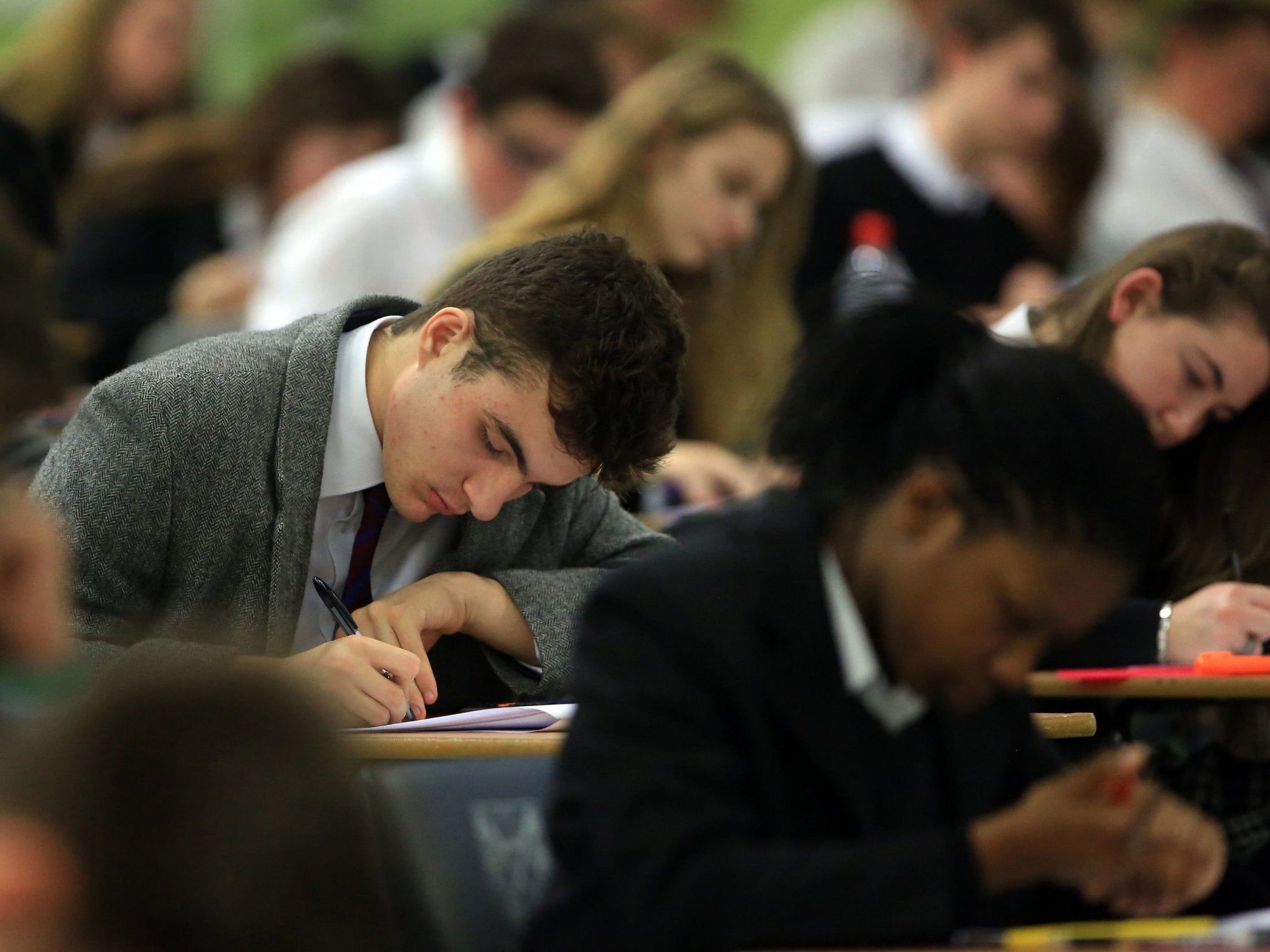How teachers got boys interested in English literature
Analysis: GCSE results showed the gender gap closing – and teachers think a few key changes have made all the difference, writes Eleanor Busby


Girls are still doing better academically than boys at GCSE level – but this year, males closed in on females in terms of the pass rate, with the gap between the sexes the smallest it has been for four years.
On GCSE results day, figures revealed that boys are catching up in subjects where girls have traditionally led the way – including Biology and English literature.
This summer, more boys improved their outcomes at grade 4 or above, which is the equivalent of a C under the old system, in the new, tougher English Literature GCSE.
But why has this happened and is the change significant?
Curriculum changes, which have led to a variety of new texts being introduced in the English literature GCSE, may have engaged more boys in their studies, exam boards have suggested.
Derek Richardson, vice president and responsible officer at Pearson, which runs the exam board Edexcel, believes the inclusion of Refugee Boy by Benjamin Zephaniah, Boys Don’t Cry by Malorie Blackman and Coram Boy by Jamila Gavin could have sparked an interest among more male pupils.
This is the third year that the new English GCSE has been sat. Experts predicted that the reformed GCSEs, which have less coursework and a focus on exams, would favour boys.
Professor Alan Smithers, from the Centre for Education and Employment Research at the University of Buckingham, said the switch from coursework could have helped.
However, exam boards said it was too early to say whether the reforms have narrowed the gap. Girls are still outperforming their counterparts across the top grades and pass rate – and they are more likely to achieve a “clean sweep” of the new grade 9s.
Even in the subjects where boys traditionally excel – maths and physics – the number of girls achieving top grades has increased this year and the attainment gap has narrowed.
Meanwhile, in computing there has been a significant rise in female entries, with girls continuing to outperform boys in achieving the top grades.
Geoff Barton, general secretary at the Association of School and College leaders, said: “Females are thinking ‘this is as much a part of my world as it is my brother’s’, so I think that’s a really good thing.”
But the heads’ union leader has urged caution against ascribing reasons for the narrower gender gap, which are based on “stereotypes”.
And it’s true that at this stage, with not all the GCSEs in England yet reformed, it is too early to draw firm conclusions on whether the new qualifications will help male students catch up with their female peers. But it is one to watch.
Join our commenting forum
Join thought-provoking conversations, follow other Independent readers and see their replies
Comments